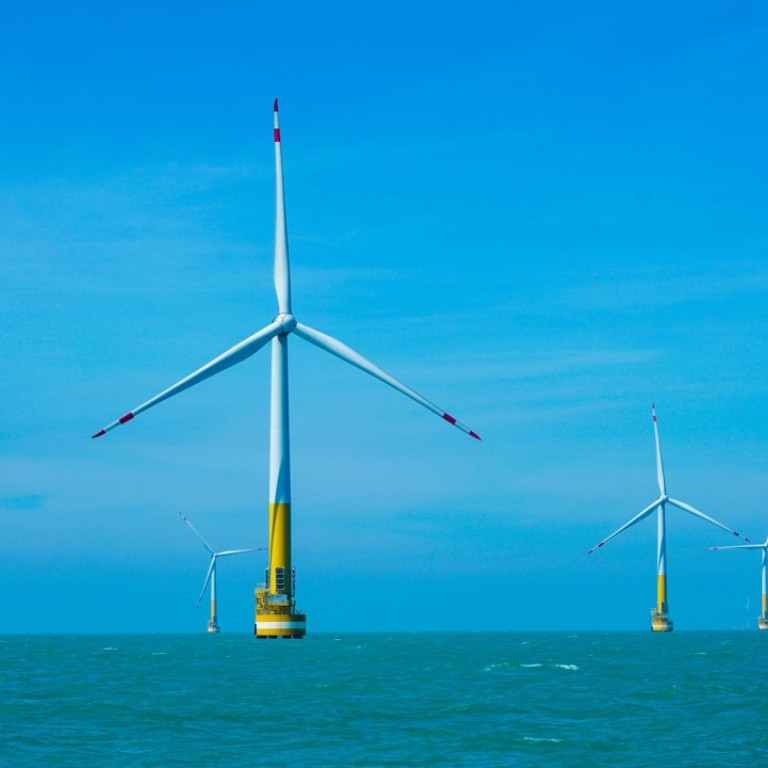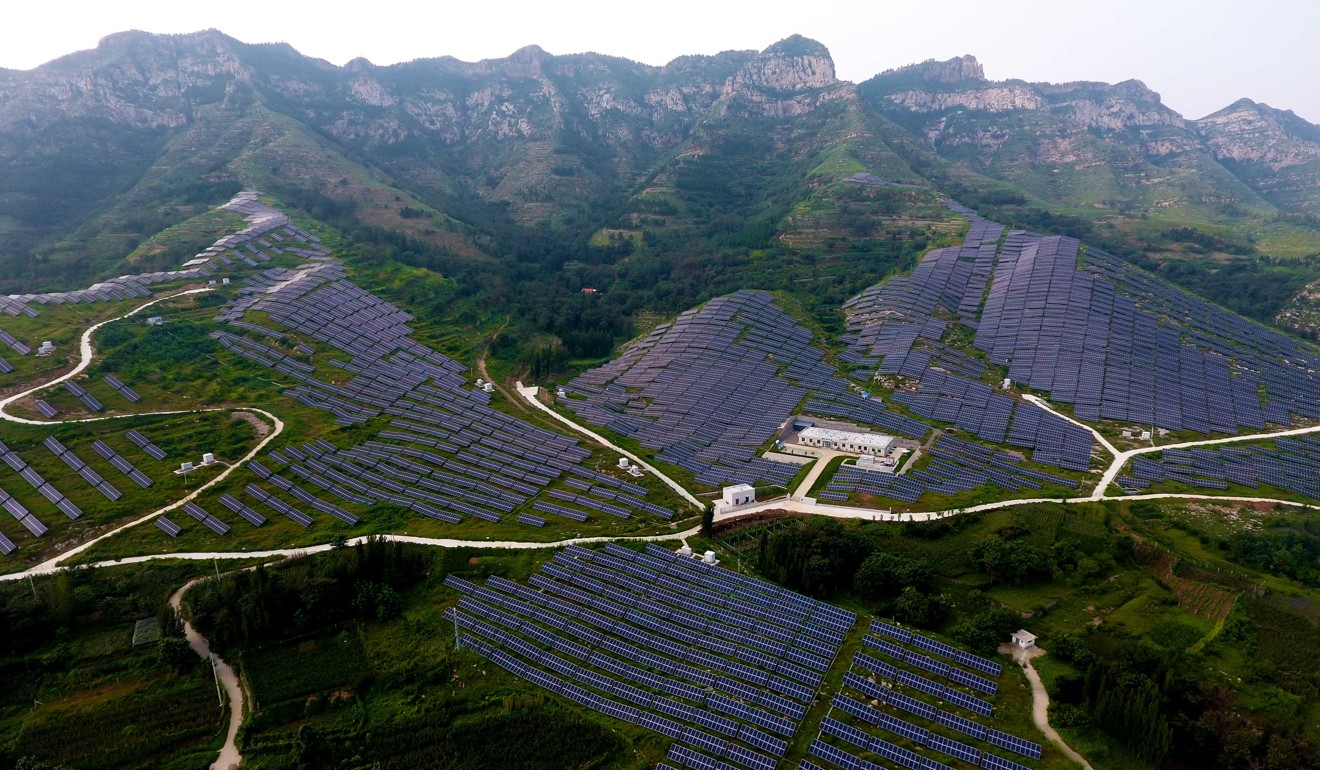
The smart money is on food safety, health care, clean energy in China this year, say experts
Technology has finally enabled social responsibility and environmental friendliness to achieve good returns, say money managers
Investment in China will target specialised, socially responsible industries this year, with renewable energy at the forefront, according to experts at the Asia Private Equity Forum.
Environmentally-friendly fields like clean energy, food safety and health care, will offer key investment opportunities in the mainland, as technology boosts their profitability and climate change becomes a focus following the 2015 Paris climate accord.
“The theme of social responsibility and environmental friendliness is one area people should keep an eye out for,” said Jackson Chan, managing director at Eaton Partners, a global placement agency that primarily raises capital for private equity firms from pension funds and other institutional investors.
“In the past it was very hard to link financial return and socially responsible investment.
“Technology has enabled social responsibility and environmental friendliness to achieve good financial returns, so I think these industries will be very powerful going forward. We want to focus more on that.”
Technology has enabled social responsibility and environmental friendliness to achieve good financial returns
US President Donald Trump’s decision to pull out of the Paris Climate Agreement this year has allowed China to further project itself as a globally responsible power.
The country plans to invest £292 billion in renewable power by 2020, according to the International Energy Agency. By January last year it had already surpassed its 2020 target of solar panel installations, because of improvements in technology and an expansion of production.
Such achievements and ambitious goals have helped the world’s second largest economy maintain its position as a global leader of investment in clean energy projects, according to the Institute for Energy Economics and Financial Analysis (IEEFA)’s China 2017 Review.
Although China is still heavily dependent on coal-fired power plants, building a solar or wind facility is now cheaper than a coal facility, Chan argued.
Figures from the IEEFA show China will account for 42 per cent of global solar energy capacity growth from 2017 to 2022; the number is expected to be 35 per cent for hydroelectric energy, and 40 per cent for wind.

Other sectors relating to social responsibility, besides renewable energy, are also forecast to attract sizeable investment in 2018.
“There is a trend for higher levels of specialisation,” said Haide Lui, head of investor relations at Ascendent Capital Partners. “The number of speciality funds has increased and the level of interest [for them] has gone up, since those funds have been oversubscribed.”
Last year Eaton Partners raised capital for four major funds, two of them focused on health care and food in China. Each fund was very specific and all were oversubscribed, according to Chan, who predicted similar investment trends would continue this year.
As China’s health care lags behind the US, investors are cashing in on the opportunity to bring existing pharmaceuticals to the China market.
In 2017 the China Fund and Drug Administration added more than 300 medicines to the National Reimbursement Drug List, in an effort to modernise approved medical treatments. The ministry said the move would help support innovation and development in China’s pharmaceutical market.
And as spending on health-related areas such as medical expenses and food is set to increase in the coming year, according to global management consultants McKinsey, and with past incidents like the 2008 milk scandal tainting the food industry’s reputation, investors are continuing to focus on improving the quality of food production and supply, Chan said.
This is an opportune time for private equity investors in the China market, said Edward Huang, senior managing director of Blackstone Group.
With the Chinese economy having opened up more than 30 years ago, the first generations of entrepreneurs are retiring and considering forming partnerships with private equity investors, he added.

